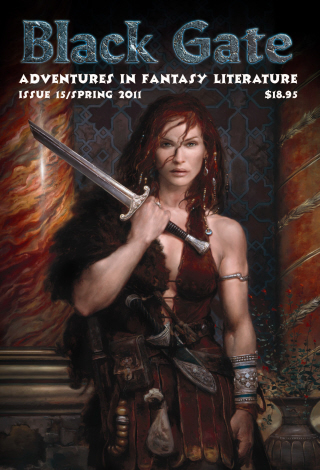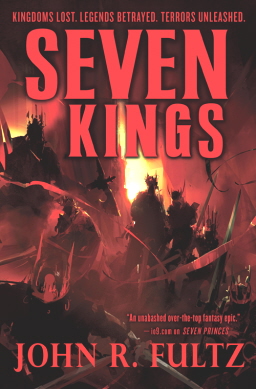 The lights are dim at the Black Gate rooftop headquarters, and there’s a light dusting of snow on all the desks. I dropped by to pick up the leftover egg nog from the Christmas party and discovered a rare thing: a deserted office. Even Goth Chick’s minions seem to have slipped their chains.
The lights are dim at the Black Gate rooftop headquarters, and there’s a light dusting of snow on all the desks. I dropped by to pick up the leftover egg nog from the Christmas party and discovered a rare thing: a deserted office. Even Goth Chick’s minions seem to have slipped their chains.
The only noise I hear comes from deep in the comic archives, where the tireless Mike Penkas is scribbling a Christmas Red Sonja post, muttering “For the love of God, there’s a giant spider right on the cover.” Not sure what that’s about, but I tiptoe away before I break his concentration.
It’s nice to see the place when it’s not bustling with activity. Everywhere I look there’s evidence of this year’s accomplishments. There’s the stack of scrolls Howard Andrew Jones used while researching The Bones of the Old Ones (Seriously, where did he find actual scrolls? That’s just showing off). There’s the whiteboard where Scott Taylor sketched out his Art of the Genre ideas, before accepting a big job and vanishing out to the west coast. Sarah Avery sits in that corner now, writing constantly and giving Skype interviews for Broad Universe. And there’s the scratching post Ryan Harvey built for his cat Cassie, in a vain attempt to get her to stop playing with the office Christmas ornaments.
And here’s the table where all the freelancers sit. They always seem to be having a lot more fun than the rest of us. They’re certainly louder, anyway. Here’s Emily Mah’s recording equipment, and Josh Reynolds’ occult detective collection. Beth Dawkins has only been here a few months, but she fit in quickly, clearing away a section of William Patrick Maynard’s vast pulp collection to make room for her paranormal romance paperbacks. Mark Rigney has made excellent use of John Fultz’s battered old writing desk, composing his own sword-and-sorcery epics, and David Soyka has vanished inside a fortress built of thousands of science fiction digests. Andrew Zimmerman Jones’ desk is clean, probably because he’s never there — he’s always on assignment at a convention these days.
The only staff member who doesn’t have a desk is the mysterious Matthew David Surridge — which I suppose is fitting. He’s been part of the team for years, but no one is 100% sure what he looks like. He’s a riot at office parties, though.
It’s been an incredible year for Black Gate. The traffic to our humble website has very nearly doubled in the last 12 months, and interest has never been higher. While we’re very proud of what we’ve done, there’s no doubt in our mind that we owe it all to you, our loyal readers. You’ve never been more supportive than you have in 2012 — with your comments, letters, and your continued interest in our endeavors large and small.
Thank you, from the bottom of our hearts. On behalf of the vast and unruly collective that is Black Gate, I would like to wish you all Merry Christmas and Happy Holidays. Continue being excellent — it’s what you’re good at.
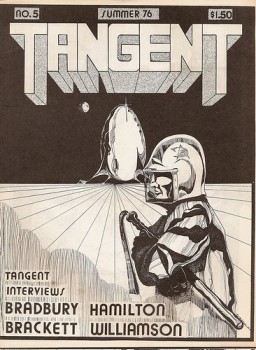
 The students in Intro to Poetry read scared. They started the semester twitchy as rabbits. Poetry made them feel stupid. No, let’s be more specific: being asked to explain poetry made them anticipate humiliation. Their baggage from their high school English classes led them to expect, reasonably or not, that they had to be experts already, that they would be chastised in front of one another and punished with bad grades for not already knowing as much as their teachers did. They felt like newly licensed drivers trying to merge onto a freeway from a stop sign.
The students in Intro to Poetry read scared. They started the semester twitchy as rabbits. Poetry made them feel stupid. No, let’s be more specific: being asked to explain poetry made them anticipate humiliation. Their baggage from their high school English classes led them to expect, reasonably or not, that they had to be experts already, that they would be chastised in front of one another and punished with bad grades for not already knowing as much as their teachers did. They felt like newly licensed drivers trying to merge onto a freeway from a stop sign.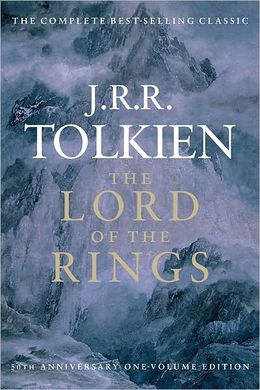

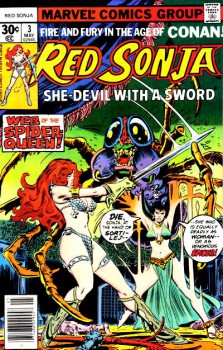
 The Hugo Award for Best Graphic Story was first given out in 2009. The category was a nice idea, especially given the increased prominence of comics in the media landscape, but I have to admit that up to this year, I’ve been underwhelmed by the choice of winners. Or, more precisely, winner, singular: Phil and Kaja Foglio’s webcomic Girl Genius took the award three times straight. I don’t dislike the comic, but from what I’ve read, I’d be hard-pressed to identify anything in it that makes it worth a major award ahead of any number of series — Hellboy or Mouse Guard or Wednesday Comics or RASL or All-Star Superman or you name it. After their third win, though, the Foglios announced they would decline to accept a nomination for the next year, in the interest of helping to establish the validity of the award. So the 2012 Hugo went to another title:
The Hugo Award for Best Graphic Story was first given out in 2009. The category was a nice idea, especially given the increased prominence of comics in the media landscape, but I have to admit that up to this year, I’ve been underwhelmed by the choice of winners. Or, more precisely, winner, singular: Phil and Kaja Foglio’s webcomic Girl Genius took the award three times straight. I don’t dislike the comic, but from what I’ve read, I’d be hard-pressed to identify anything in it that makes it worth a major award ahead of any number of series — Hellboy or Mouse Guard or Wednesday Comics or RASL or All-Star Superman or you name it. After their third win, though, the Foglios announced they would decline to accept a nomination for the next year, in the interest of helping to establish the validity of the award. So the 2012 Hugo went to another title: 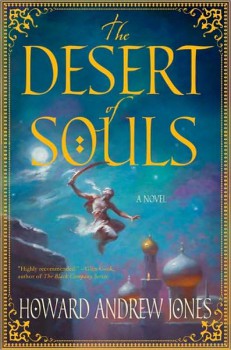 ‘Tis the season for great book deals.
‘Tis the season for great book deals. 